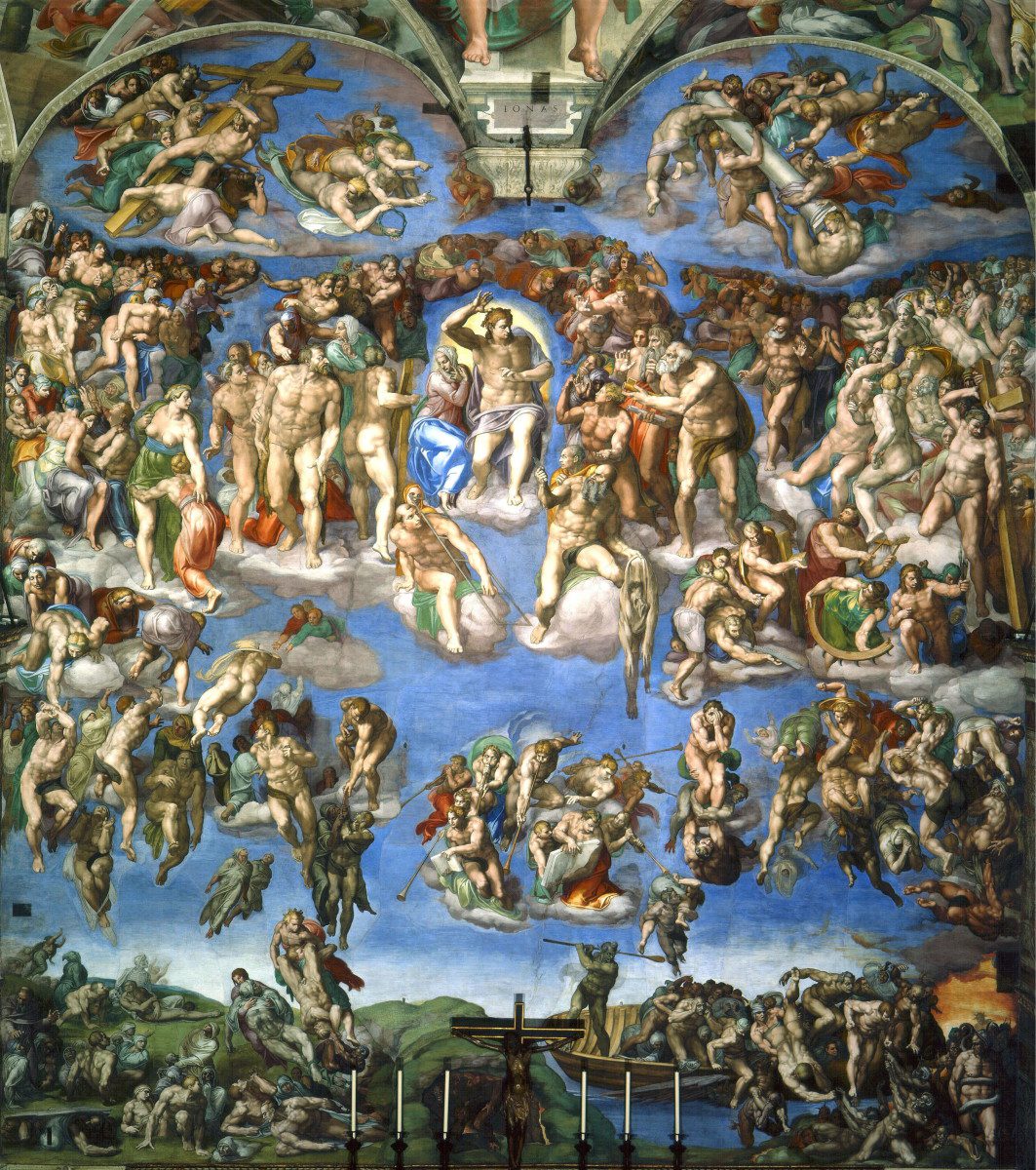While some controversies have led to positive changes, such as the Reformation’s emphasis on individual interpretation of scripture, others have had devastating consequences, such as the Crusades and the Spanish Inquisition. It is important to acknowledge the past and learn from it in order to create a more inclusive and just future for all. The ongoing debates over topics such as evolution and LGBTQ+ rights also highlight the need for open and respectful dialogue between religious communities and those who hold differing beliefs. Religion will continue to play a significant role in shaping our world, and recognizing and addressing the controversies that arise is essential for promoting understanding, compassion, and progress.
10 Controversies in Religion Throughout History
Religion has played an important role in human history, from shaping moral values to determining political decisions. However, its impact has not always been positive, as controversies have arisen throughout history that have divided communities and led to conflicts. Here are ten such controversies that have had significant effects on religious traditions and their followers.
1. The Great Schism
In 1054, the Great Schism occurred, which led to the split of Christianity into the Eastern Orthodox Church and the Roman Catholic Church. The divide arose due to disagreements over the authority of the Pope, the use of icons in worship, and the Filioque clause, among other factors. The Schism marked a significant point in the history of Christianity and had lasting effects on both branches of the religion.
2. The Crusades
The Crusades were a series of religious wars fought between Christians and Muslims in the Middle Ages. They were fought for various reasons, such as the desire to regain control of the Holy Land or the spread of Christianity. However, the violence and atrocities committed during the Crusades are still widely debated, and they remain one of the most controversial events in religious history.
3. The Spanish Inquisition
The Spanish Inquisition was a branch of the Catholic Church that was established in the 15th century to suppress heresy and enforce religious conformity. Its methods included torture, execution, and confiscation of property, and it targeted Jews, Muslims, and Protestants. The Inquisition has been widely criticized for its brutality and unjust persecution of minorities.
4. The Reformation
The Reformation was a 16th-century movement that aimed to reform the Catholic Church. Led by figures such as Martin Luther, John Calvin, and Huldrych Zwingli, it challenged the authority of the Pope, rejected some of the traditional sacraments, and emphasized the importance of scripture. The Reformation led to the creation of several new Protestant denominations, such as Lutheranism and Calvinism.
5. The Salem Witch Trials
The Salem Witch Trials were a series of hearings and prosecutions of people accused of witchcraft in colonial Massachusetts in the late 17th century. The trials were fueled by superstition and hysteria, and they resulted in the execution of 20 people. The Trials remain a dark chapter in American religious history and are a cautionary tale about the dangers of religious intolerance.
6. The Enlightenment
The Enlightenment was a philosophical movement that began in Europe in the 18th century. It rejected traditional religious beliefs and emphasized reason, science, and individualism. Some of the leading figures of the Enlightenment, such as Voltaire and Denis Diderot, were openly critical of organized religion and helped to shape modern secularism.
7. The Creation-Evolution Debate
The debate over the theory of evolution and its compatibility with religious beliefs has been ongoing since the publication of Charles Darwin’s “On the Origin of Species” in 1859. Some religious traditions, such as fundamentalist Christianity, reject the theory of evolution, while others, such as reform Judaism, embrace it. The debate has had significant implications for science education and public policy.
8. The Sexual Abuse Scandals
In recent years, various religious traditions, particularly the Catholic Church, have been rocked by scandals of sexual abuse committed by members of the clergy. These scandals have raised questions about the accountability of religious institutions, the power dynamics within religious communities, and the nature of religious morality.
9. Religious Extremism
Throughout history, various religious traditions have been associated with extremism and violent acts, such as terrorism, genocide, and religious wars. These actions have been condemned by many other members of those religions and have often been attributed to political or cultural factors rather than genuine religious beliefs. The rise of religious extremism in the present day remains a significant global concern.
10. LGBTQ+ Rights
The issue of LGBTQ+ rights has divided many religious communities, particularly those that adhere to conservative or traditional beliefs. The debate over issues such as same-sex marriage, transgender rights, and conversion therapy has challenged religious institutions to confront questions about sexuality, gender, and human rights. The struggle for LGBTQ+ equality within religious contexts remains ongoing and contentious.
Conclusion
These controversies represent just a small sample of the complex and often divisive issues that have arisen throughout religious history. They demonstrate the ways in which religion can shape and be shaped by social, political, and cultural forces, and highlight the need for ongoing discussion and reflection on the role of faith in society.
